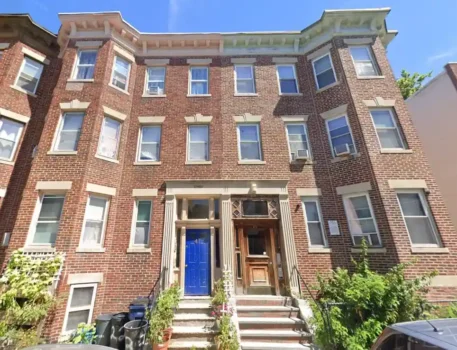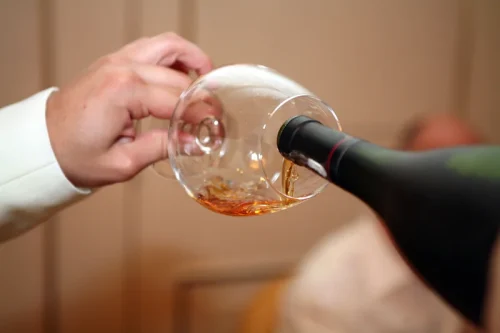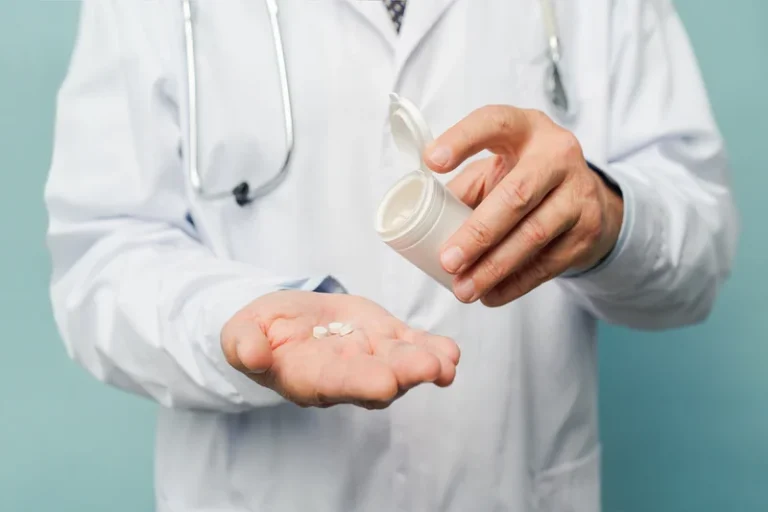How Inpatient Rehab Works
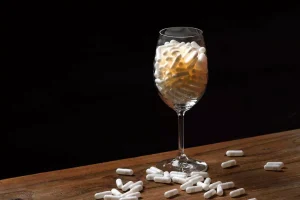
In the United States, insurance policies available through the Marketplace must cover substance abuse services, as well as mental health services. But the exact coverage will depend on your plan, so check with your provider for details. Some treatment programs go beyond just treating drug addiction; they also treat emotional and mental health issues.
Provider & Workforce
When asked if there might be an advantage for povorcitinib relative to the monoclonal antibodies in regard to speed of onset, Kwatra said that there how long is drug rehab are no comparative data. Like previous experience with dupilumab, some patients responded rapidly with povorcitinib, but others took longer to achieve benefit. On the 75-mg dose, the time to improvement was a median of 19 days, while the median times to improvement were 35 days on the 45-mg dose and 58 days on the 15-mg dose. Nobody should be so naïve as to suppose that additional provisions regarding involuntary treatment can be a substitute for harm-reduction programs and other measures.
Drug addiction (substance use disorder)
- For example, intensive inpatient care may only last a few days, while residential rehab can last from a single month to an entire year.
- Addiction is a disease that affects your brain and requires ongoing care to aide in recovery.
- All rehab programs legally have an open door policy, meaning people can start or leave rehab at their own will.
- Choosing a drug and alcohol rehab center involves considering factors like how effective the rehab center is and your or your loved one’s specific treatment needs.
Dependingon the type of addiction, you may receive medication to easewithdrawal symptoms. In addition, self-care is a vital foundation for a healthy new identity. At the very least, self-care should include sleep hygiene, good nutrition, and physical activity. Sleep is essential for shoring up impulse control and fostering good decision-making. Another vital element of care during recovery is relapse prevention—learning specific strategies for dealing with cravings, stress, setbacks, difficult situations, and other predictable challenges.
Treatment of Addiction
Detox may involve gradually reducing the dose of the drug or temporarily substituting other substances, such as methadone, buprenorphine, or a combination of buprenorphine and naloxone. Employment is virtually essential for having a stable and meaningful life. A lack of positive references and having a criminal record typically pose challenges. Too, there may be long gaps in a resume that are hard to explain away.
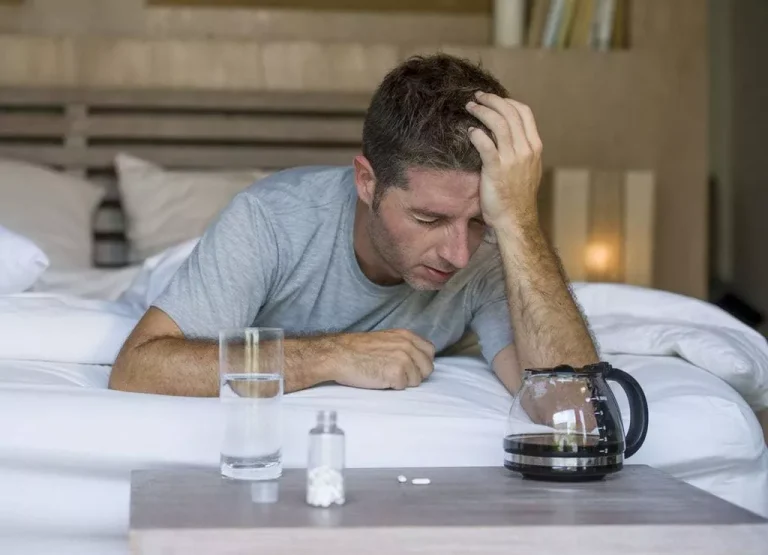
After inpatient detox, most people transition into inpatient therapy. This phase of treatment may also be called intensiveinpatient therapy or residential therapy depending on the intensity of treatment. In general, the first days of treatment are focused on medical supervision and comfort. The following weeks involve intensivetherapy and around-the-clock programming.
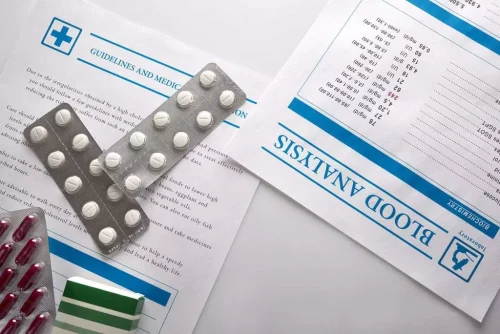
Addictions Neuroclinical Assessment
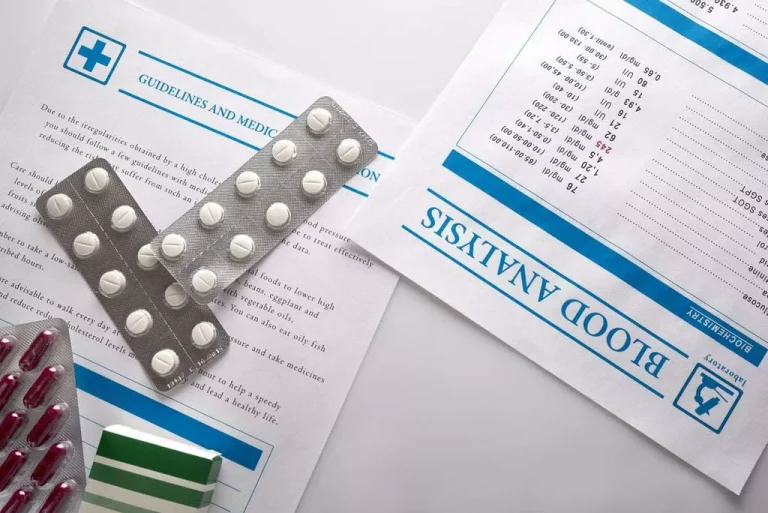
During these sessions, you’ll take an honest look at yourself, your addiction, and the effect your addiction has had on your life. Your therapist will also help you identify your addicition triggers. Once you’ve identified them, the therapist will teach you how to cope with them in a constructive way. Below are examples of what takes place during a typical day in rehab. Of course, what your day looks like will vary based on the rehab center and its approach, your addiction, and your personal circumstances.
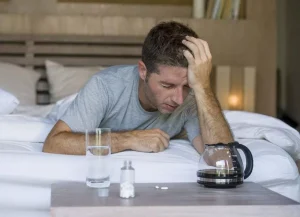
Recovery
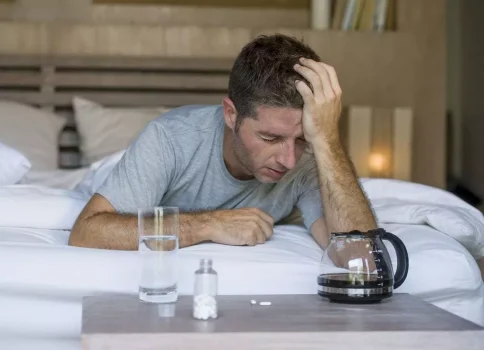
For people with addictions to drugs like stimulants or cannabis, no medications are currently available to assist in treatment, so treatment consists of behavioral therapies. Treatment should be tailored to address each patient’s drug use patterns and drug-related medical, mental, and social problems. After all, transitioning from physical and mental addiction to a healthy and happy way of living is a big change. Drug addiction “treatment” is a bit of a misleading term — it implies that people with addictions are “all better” after they have received some form of treatment. Really, recovery from addiction is a lifelong commitment that requires ongoing attention and care.
Does relapse to drug use mean treatment has failed?
General outpatient services, such as one-on-one meetings with an addiction counselor or therapist, are helpful when you feel stable but still want continued help in managing a substance abuse disorder. You might have an occasional check-in with a counselor who helps you stay accountable in sticking to your recovery goals. If you feel trapped by substance addiction, finding the right treatment is crucial. By understanding the different options available, you can find the drug rehabilitation program that best fits your needs.
Because stopping substance use typically ushers in a period of acute and often all-consuming distress that subsides in days or weeks, treatment is generally divided into to two distinct periods. Care during the acute phase addresses the physiologic effects of stopping a biologically active chemical. Patients in residential rehab benefit from a structured routine filled with therapeutic sessions and activities.
